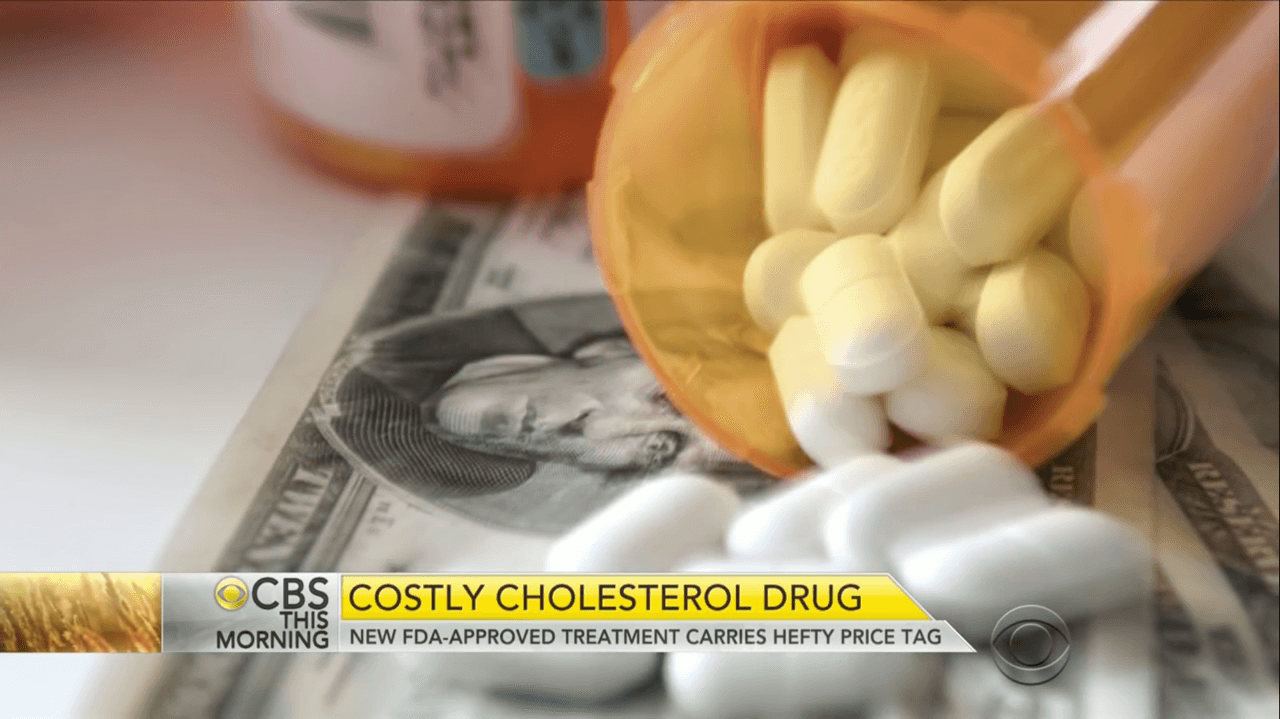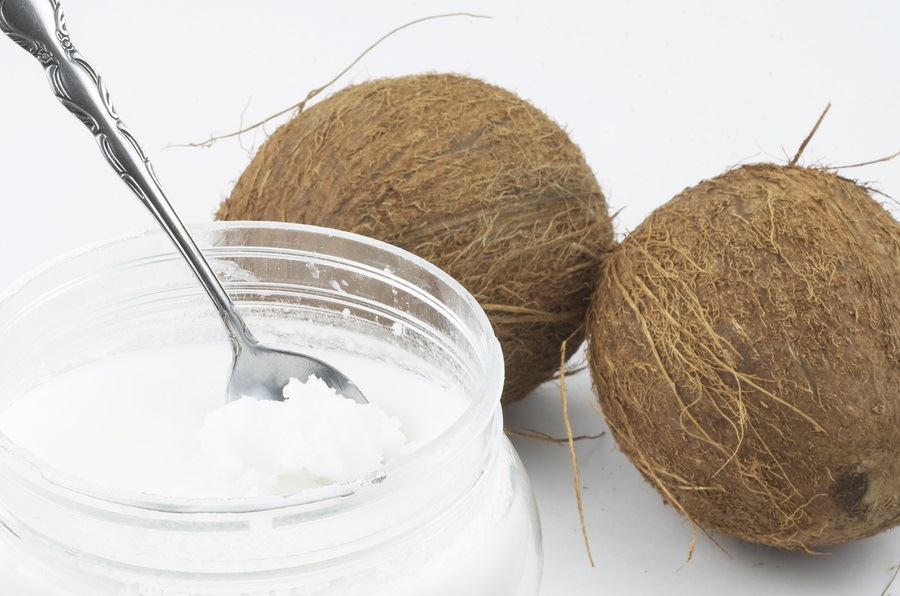How to Survive Prostate Cancer Without Surgery, Drugs, or Radiation
Prostate cancer is the most common cancer in men. In the US, about 221,800 men get diagnosed every year yet only about 27,500 die each year from the disease. Unfortunately, the conventional treatment for prostate cancer leaves much to be desired. Wouldn't it be nice to have a therapy that didn't involve costly and hazardous surgery, drugs, or radiation? Peter Starr, an award-winning filmmaker, recently produced the documentary Surviving Prostate Cancer Without Surgery, Drugs, or Radiation. He's also in the process of writing a book on the same subject. In June 2004, he was in fact diagnosed with prostate cancer, and as his film and book title reveals, today, 11 years later, he's still here to share his story.













